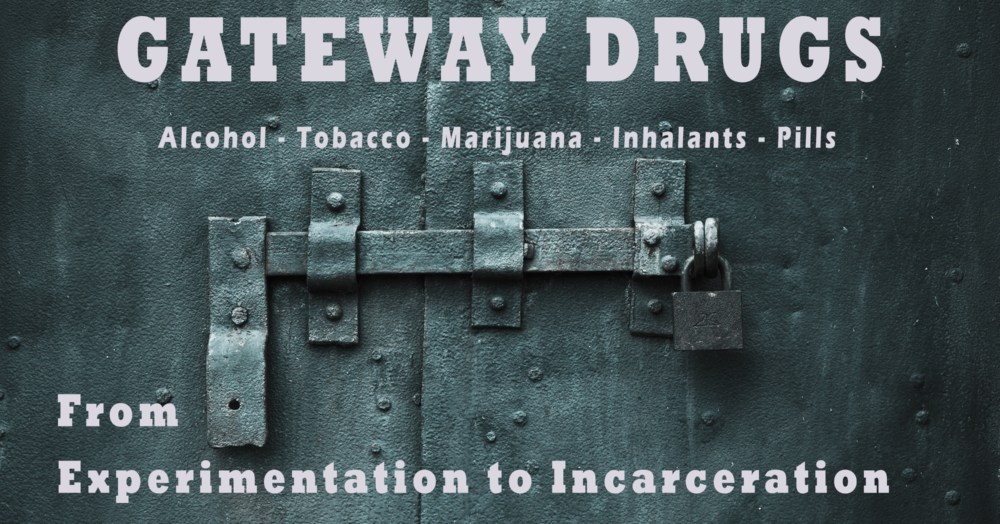Alcohol
by Berniece Brown, LBSW, Coordinator of Social Services at
Community Health Service Agency in Greenville
The consequences of alcohol misuse are serious and in many cases deadly. Long term use decreases life expectancy by about 15 years and puts users at significant risk to develop certain cancers, especially of the liver, throat, esophagus, breast, and voice box (Larynx). It can also cause liver cirrhosis, immune system problems, high blood pressure, heart failure, osteoporosis, tuberculosis, brain damage, and harm to the fetus during pregnancy.
Drinking not only hurts the user, but is linked to an increase in the risk of death from automobile crashes and on the job injuries. Both homicides and suicides are more likely to be committed by persons who have been drinking. It costs society an approximate $185 billion per year. In human terms costs cannot be calculated.
Many people argue that they are not alcoholics because they drink beer instead of what is thought of as hard liquor. There are no “beer-aholics”; only alcoholics. The beverage one drinks does not determine the alcoholism. More than seven percent of the population ages 18 years and older, nearly 13.8 million Americans, have problems with drinking, including 8.1 million people who are alcoholic. Almost three times as many men as women are problem drinkers, and prevalence is highest for both sexes in the 18 to 29 year old age group.
Some people are predisposed to developing a chemical dependency to alcohol. The results of alcoholism are considered a major health problem. According to the National Council Alcohol and Drug Dependence NCADD, alcohol problems cost American businesses an estimated $134 billion in lost productivity annually. About 43% of US adults, 76 million people, have been exposed to alcoholism in the family they grew up with, or married an alcoholic or a problem drinker, or had a blood relative who was an alcoholic or problem drinker.
What are the signs that you have a problem?
- Have you ever felt you should cut down on the amount you drink?
- Have people annoyed you by criticizing your drinking?
- Have you ever felt guilty about your drinking?
- Have you ever had a drink first thing in the morning to steady your nerves or to get rid of a hangover?
If you answered yes to more than one question, it is highly possible that a problem exists. Even if you answered no to all of the above questions, if you’ve had problems on your job, in your personal relationships or with the law, you should seek professional help.
The first and most important step in getting treatment is recognizing there is a problem. The good news is although alcohol abuse is a very serious condition, it is treatable. If you or someone you love has a problem, seek the help and advice of a health care professional as early as possible.
How do you get help?
The type of treatment you receive depends on the severity of your drinking and the resources available in your community. Treatment can include detoxification which is the process of getting the alcohol out of your system, and/or individual or group counseling to teach you the triggers that urge you to drink, and ways to cope that do not include alcohol. Since family support is so important in recovery many programs offer marital counseling and family therapy as part of the treatment process.
There is a local Alcoholics Anonymous Group that meets daily. For general information regarding meeting times and locations in your area call the AA Hotline number: 1-800-203-3602.
